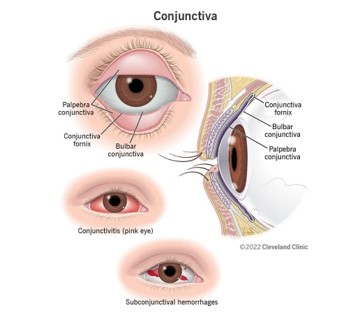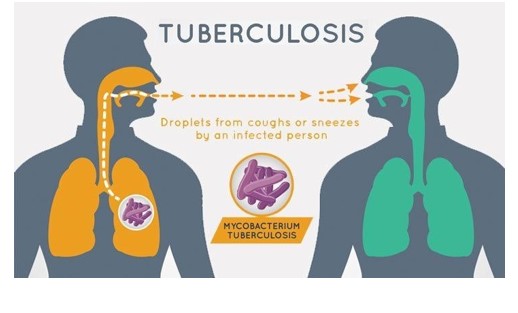A nurse is caring for a client who is to start taking cyclosporine following a kidney transplant. The nurse should instruct the client that which of the following foods can have an adverse interaction with this medication?
Grapefruit juke
Pepperoni
Smoked salmon
Orange juice
The Correct Answer is A
Cyclosporine is an immunosuppressant medication that is often used following organ transplant to prevent rejection. Grapefruit juice can increase the absorption of cyclosporine, leading to an increased risk of side effects and toxicity. Therefore, clients taking cyclosporine should be advised to avoid grapefruit and grapefruit juice while taking this medication. Pepperoni and smoked salmon do not have any known interactions with cyclosporine. Orange juice may also interact with cyclosporine, but not to the same extent as grapefruit juice. It is generally recommended that clients taking cyclosporine avoid drinking large amounts of orange juice and to inform their healthcare provider if they experience any adverse effects.
Nursing Test Bank
Naxlex Comprehensive Predictor Exams
Related Questions
Correct Answer is D
Explanation
A.Sterile technique should ideally be used when handling the distal portion of the eyedropper to prevent introducing pathogens into the eye, as the eye is a sensitive area susceptible to infection.
B.When cleaning the eye, it is recommended to wipe from the inner canthus to the outer canthus to avoid bringing contaminants from the outer area closer to the tear duct, which reduces the risk of infection.
C.Applying pressure to the bridge of the nose is ineffective for preventing systemic absorption of the medication. Instead, pressure should be applied to the inner canthus (the nasolacrimal duct area) for about 1-2 minutes after instillation.
D.The correct technique for administering eye drops involves placing the prescribed number of drops into the conjunctival sac, not directly onto the cornea, as this can cause irritation and discomfort. Administering drops into the conjunctival sac allows for better absorption of the medication.

Correct Answer is B
Explanation
Pulmonary tuberculosis (TB) is treated with a combination of antitubercular medications for a period of 6 to 9 months. It is important for the client to take their medications consistently and complete the full course of treatment to ensure that the infection is fully treated and to prevent the development of drug- resistant TB.

Whether you are a student looking to ace your exams or a practicing nurse seeking to enhance your expertise , our nursing education contents will empower you with the confidence and competence to make a difference in the lives of patients and become a respected leader in the healthcare field.
Visit Naxlex, invest in your future and unlock endless possibilities with our unparalleled nursing education contents today
Report Wrong Answer on the Current Question
Do you disagree with the answer? If yes, what is your expected answer? Explain.
Kindly be descriptive with the issue you are facing.
